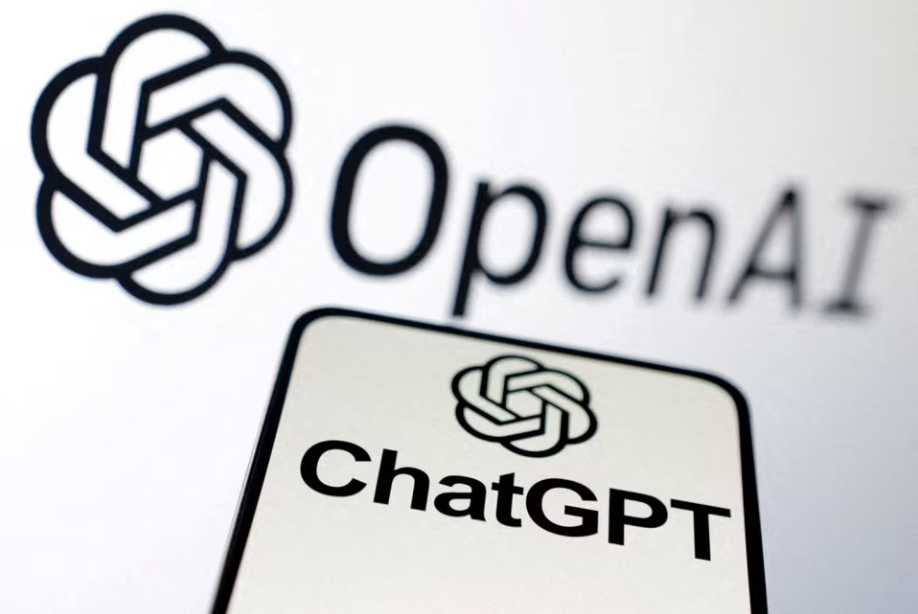Quantum Computing To Supercharge The Capabilities Of ChatGPT

Since its release in November 2022, ChatGPT has opened new possibilities into how one interacts with the artificial intelligence (AI) program. This generative AI chatbot, created by OpenAI, showcases excellent capabilities in natural language processing, entering into a human-level conversation, and handling dozens of tasks, from coding to content creation. But no matter how brilliant it all sounds, the prospect of incorporating quantum computing technology may be able to take all this to previously uncharted levels.
By its very nature, quantum computing is well situated to process information at very high speeds, addressing some of the current limitations of ChatGPT and enhancing its performance in several key areas.
Improved accuracy will be one of the significant impacts of quantum computing on ChatGPT. The performance of an AI model is directly proportional to the quantity of training data: the more, the better. However, training neural networks over huge datasets requires massive computation and is time-consuming. Owing to higher processing power, quantum computers may dramatically reduce the time and resources needed to train more encompassing and accurate models.
Another important feature of quantum computing is its potential to reduce adversarial attack probabilities. Indeed, several users since its release have tried to fool ChatGPT into generating errors or giving inadequate responses. Quantum algorithms might offer the model much better resilience to such attack methods, making it more reliable and credible.
It would also solve one of the significant problems with ChatGPT: it lacks a deep knowledge base. This is also one of the most significant criticisms facing the ChatGPT AI chatbot: lack of access to new information and falling short in less mainstream topics. Quantum computers might address this by making updates in the knowledge base more frequent and efficient, keeping their coverage current, and broadening expertise to cover more and more topics.
Second, quantum computing can reduce the cost of computation and energy in the operation and training of large language models, such as ChatGPT. Such models currently use substantial computational resources and specialized hardware for running at their best, while the energy consumed is significant. This can potentially reduce such costs, thus making advanced AI models more accessible and sustainable.
As quantum computing technologies are maturing and being integrated into AI systems, a new generation of hyper-capable generative AI like ChatGPT can be anticipated. Such quantum-enhanced AI models have the potential of achieving never-before-seen accuracies, efficiencies, and knowledge depths across fields, constituting an amalgam of customer service through scientific research.
It will take years for a complete integration of quantum computing with ChatGPT to come, hence the massive potential for the transformation of the landscape of AI. As research pioneers keep raising the frontier of quantum computing and AI, there is every reason for optimism that, indeed, another dawn is coming to artificial intelligence — one in which the limitations of today’s systems shall give way to the limitless possibilities of tomorrow.
